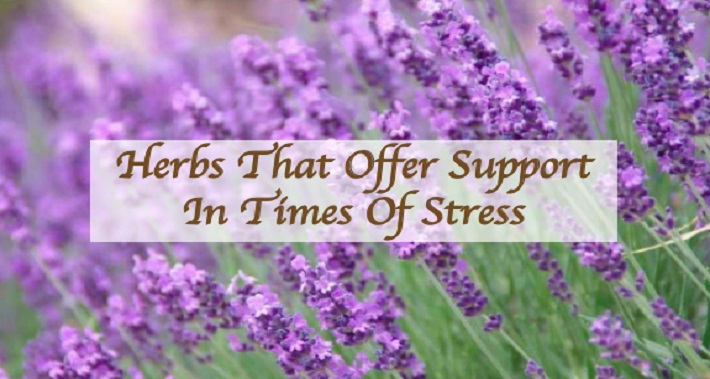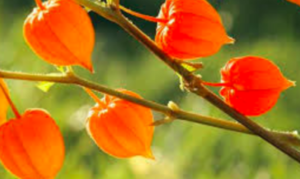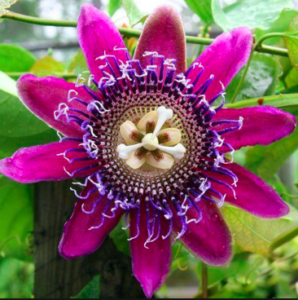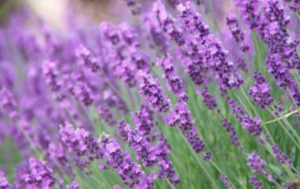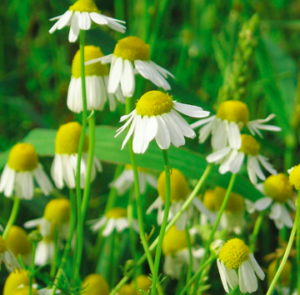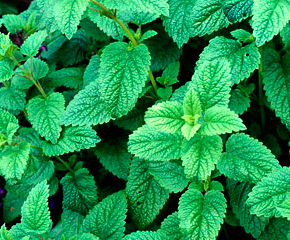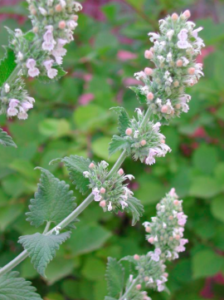A Note On Adaptogens
Adaptogens are a classification of herbs that is rooted in Traditional Chinese Medicine and Aruyveda.
As a group, adaptogens are used in stressful times and increase our ability to positively adapt to stress.
Adaptogens work on the Hypothalamus-Pituitary-Adrenal axis (HPA axis) mediating the stress response.
Adaptogens effect levels of both cortisol and noradrenaline. The overall effect of adaptogens is increased energy, strength, stamina and mental clarity.
In practice, these herbs are combined for a synergistic effect.
Eleuthrococcus senticosus (Siberian ginseng)
Eleuthero is one of my favorite adaptogens. Eleuthero is mildly stimulating and is best taken during the day. Eleuthero increases physical endurance and mental acuity. Eleuthero also increases serotonin levels during stress, which speeds your recovery from a stressful situation. Lastly, Eleuthero can help protect the body from environmental pollutants.
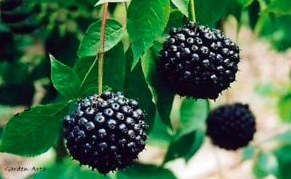
Rhodiola is a favorite adaptogen for students. Rhodiola is known for its memory boosting properties. In general, Rhodiola is great for lifting mood, promoting calmness and motivation. Rhodiola works by inhibiting MOA which is the enzyme that breaks down serotonin, dopamine, and norepinephrine.
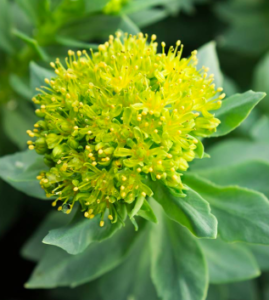
What sets Schisandra apart from the other adaptogens is that it is highly liver protective and increases liver functioning. Schisandra helps the body detoxify while also boosting immunity. Schisandra increases both mental and physical stamina similar to other adaptogens. From a Chinese Medicine standpoint, Schisandra is known to tonify both yin and yang as well as all 12 meridians.
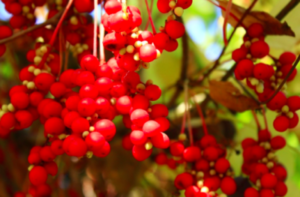
Withania is the most well known Aryuvedic adaptogen. This herb is a very calming and is best taken at night. Withania has a very similar structure to melatonin. This herb works well for people in the tired but wired state at night. In addition to its anti-stress capabilities, Withania has been found to be anti-inflammatory.
Other Calming Herbs
Passiflora incarnata (Passionflower)
Passionflower is a calming herb used for both anxiety and insomnia. This herb works best for people who cannot sleep due to racing thoughts. Passionflower works directly on the central nervous system to support normal sleep. Passionflower also helps reduce muscle tension or muscle spasms. On an emotional or energetic level, passionflower is good for burnout or people who need their hearts to be grounded to allow them to reach out to others
Piper methysticum (Kava kava)
Piper is one of the strongest anti-anxiety herbs. Piper is used for stress, anxiety, and insomnia. Piper at higher doses can be quite sedating. Piper can work especially well for social anxiety or fear of public speaking. Piper is also an analgesic and muscle relaxant. Piper is not an herb you want to take long term. Use on occasion as needed.
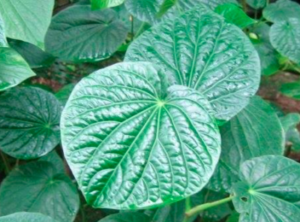
Lavendula angustifolia (Lavender)
Lavender is one of the most well known soothing herbs. Lavender is used to decrease restlessness, induce sleep, and reduce stress. Lavender can be used either in the herbal form or as an essential oil. Lavender aromatherapy can be enough to help people fall asleep. Energetically, lavender is cooling and associated with purification.
Matricaria chamomilla (Chamomile)
Chamomile is another well known calming herb. Chamomille works not only on the nervous system but also the digestive system. This herb can help you fall asleep and/or digest your food. Chamomille is well suited for people who feel their stress or anxiety in their gut. If you have a nervous stomach, this would be the right herb for you. Chamomille is also used as an anti-inflammatory and anti-fever herb.
Melissa is both uplifting and calming. It is primarily used for stress, anxiety, and depression. It also has a similar effect to chamomille on digestion. Melissa is nicely paired with other sleep-promoting herbs such as Valerian or Hops. Energetically Melissa is a cooling herb. Research supports the use of Melissa in the treatment of cold sores.
I love how counter-intuitive this herb is. While catnip might make cats go crazy it acts as a sedative for us human animals. Nepeta is used for both insomnia and anxiety. As a sleep aid, Nepeta mixes well with some of the calming herbs mentioned above. This herb is known to work well with children.
How To Use Them
The herbs in this list can be used in a multitude of ways. The safest and easiest way to work with them is in tea form.
I know that there are a number of good products out there with great combinations.
Hopefully, after reading this article you will know what you are looking for in your calming tea.
Aromatherapy is also a nice way to bring these herbs into your life.
Lavender and lemon balm lend themselves to this best.
You can also use herbs in supplement form or tinctures.
For both of these routes, I would contact a health care provider such as a Naturopath or Herbalist.
By asking for advice, you will get a better fit for your specific case and information on dosage, timing, and safety.
So happy to share the wonderful world of botanical medicine with you
If you have questions about naturopathic medicine, or would like to start with your first consultation, contact me, and let’s book an appointment.
Dr. Sheila Dyer, ND1080 Dovercourt Rd,
Toronto, ON M6H 2X8
(416) 554-5135
► https://g.page/DrSheilaDyerNd
Dr. Sheila Dyer is a Naturopathic Doctor and a practicing registered nurse offering holistic healthcare with a scientific focus
